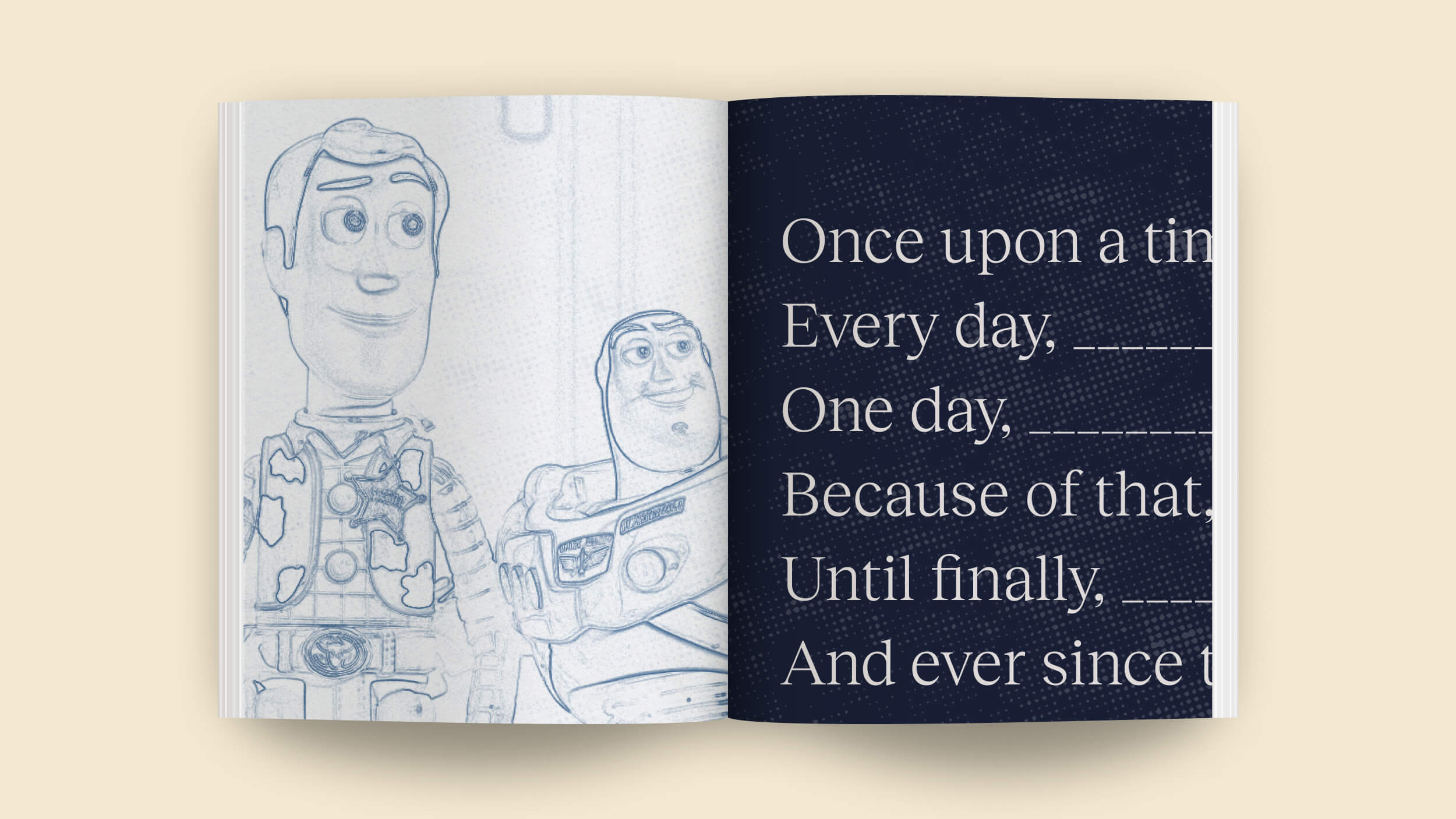“Leaders must be prepared to look at their people and say, ‘No look, you put me here to lead, this is the direction in which I think we ought to go and this is the direction in which I proceed to take you.'”
Question: What qualities make a great leader?
Bruce Golding: I think the most important quality that makes a great leader is his or her willingness to stand up for something if you feel it is right, even when everybody is maybe saying that it is wrong. The other important thing about leadership: you can listen to what people are saying, you can weight very carefully the criticisms that are made of you, and decide that what you are going to do is to jump out in front and say what the people are saying louder than anybody else. And that is maybe one type of leadership.
My own view is that, that is simply following from in front. I believe leaders must be prepared to look at their people and say, "Now look, you put me here to lead, this is the direction in which I think we ought to go and this is the direction in which I proceed to take you." At that point, people have to determine whether or not they are prepared to subscribe to that or they are prepared to follow that leadership or whether they are prepared to seek a new leader who may do what they want, even if what they want is not necessarily what ought to be done.
You find yourself in a position where you come out of a democratic process, but sometimes you have to say, “No, this is the leadership that I offer.” There is another dimension of that. We are accustomed in many countries in the Caribbean... we are accustomed to messianic leaders, persons who are larger than life and persons who cause people to feel that: "Put all your troubles in my hands and I will take care of them."
I’ve never sought to offer that type of leadership. I’ve said to the people of Jamaica" "We have a journey we have to make, it’s a tough journey. It’s a long journey, and it’s a journey in which some of us perhaps will not make it. But if you are prepared to walk that journey, if you are prepared to bear that heat and to face all the challenges and the sacrifices that have to be made, I am prepared to go in front of you to lead the way." What I can’t do is to take you all on my back one-by-one to the other side of the shore then. That kind of leadership doesn’t exist in humanity. That kind of leadership only exists in the Almighty.
Question: What has been the most difficult part of the job?
Bruce Golding: The most difficult part of the job is the same two people who elected you with a great deal of expectation; who elected you on the basis that what existed before was not good enough and therefore who expected that you would deliver quickly. To explain to those people that, "Look, not only is it a hard road that we are going to have to hoe, but developments that we have not foreseen have made it even more difficult to deliver within the sort of timeframe that you would want." And therefore, you ask for patience, you ask for understand, you ask people to recognize that it’s not going to happen overnight.
I mean, we had to introduce taxes, new taxes on the Jamaican people in the middle of the worst global recession that the world has seen in more than 70 years—at a time when other countries were reducing taxes as a means of easing the pressure of that recession. That’s not something that’s easy for people to understand. And to communicate that; to communicate the necessity for that has been the greatest challenge that I’ve had to face.
Question: Which leaders have influenced you in the way you lead?
Bruce Golding: I have sort of drawn on the leadership style of several people. I mean several great leaders that I have watched, some of them quite historic. Winston Churchill is one who I have studied at great length. I’ve been impressed with the dexterity of people like Bill Clinton, his ability to sort of move through the political forces that exist. I’ve been very inspired by the promise that Barack Obama brought to America and indeed to the world. I listened with great intent to his statement at the United Nations a few days ago and I was tremendously impressed—not only with his understanding of these issues and his understanding of the role that the United States has to play, but his unwillingness to either up the tempo and create further international tension while at the same time being very strong and very firm in terms of what America wanted to see and do on the international scene.
So there is no one leader that has sort of patterned... None of us is perfect. I’ve tried to observe and inculcate elements of leadership from many of them.
Recorded on September 25, 2010
Interviewed by David Hirschman





